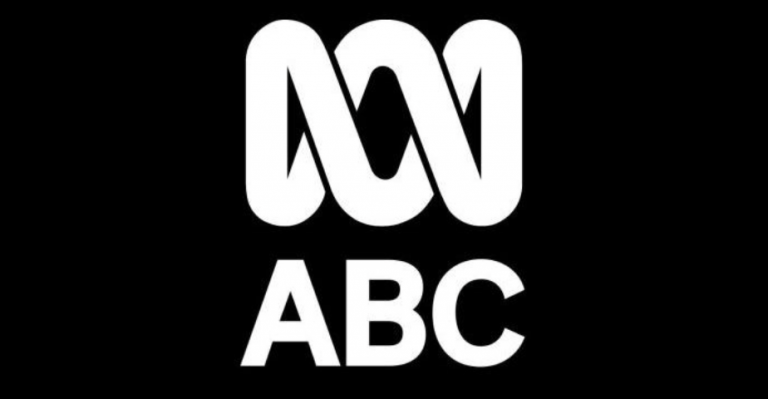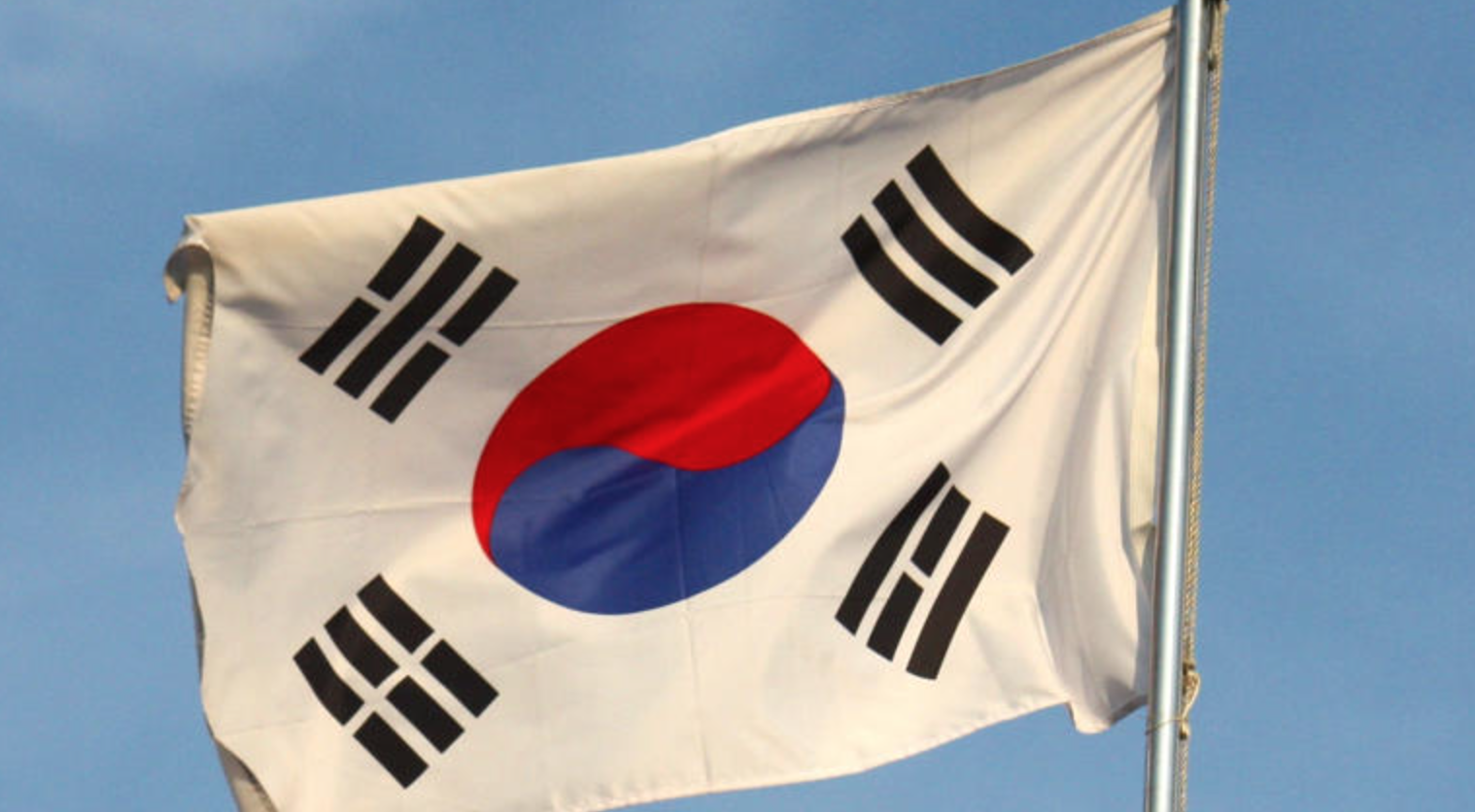
Article courtesy of the ABC.

In the agricultural hub of Dalby, on Queensland’s Western Downs, there is little sign of the region’s growing economic ties with South Korea.
The closest link between the town of 12,000 people and the country of 51.7 million people is a Korean restaurant 100 kilometres down the road in Toowoomba.
Mayor Paul McVeigh admits he does not know much about the Asian nation, but said he was excited about the growing number of projects in the region being planned by Korean companies.
“It’s great to see other nations looking at our region … it’s always great to know that pipeline [of projects is] coming our way,” he said.
Investment decision
Senex Energy, a subsidiary of Korean steelmaker Posco and Gina Rinehart’s Hancock Resources, earlier this month announced plans for a $1 billion gas project for southern Queensland.
The company’s chief executive Ian Davies recently spoke at an energy conference in Dalby, saying Korean companies were looking to Australia due to its reputation as a safe investment destination.
“Australia is close to Asia, it’s close to Korea, but it’s also endowed with quite amazing natural resources,” he said.
“So, bringing together the capital, the know-how, the partnership and the ally nature of the relationship with Korea just makes sense.”
Mr Davies said Korea was looking to invest in Australian gas and renewable projects to help decarbonise its own economy.
“They have very clear decarbonisation ambitions, and I think Australia and Korea share that goal to … decarbonise together.”
Future trade growth
Korea is Australia’s fourth-largest trading partner, a relationship worth $38.9 billion in 2019–20.
Former ambassador to Korea Bill Paterson said Korea had the potential to overtake the United States as Australia’s third-largest trading partner.
“It is dynamic. It’s growing very strongly,” he said.
“Its products have penetrated the Australian market. We all use them every day … it will grow further.”
Mr Paterson, who is also the director of the Australia-Korea Business Council, said there were growing opportunities especially for Queensland and Western Australia.
He said Korea was heavily dependent on imports of raw materials.
“As Korea transitions, it’s looking to a hydrogen-based future and diminishing its reliance on coal and LNG,” he said.
“If technology moves forward as it is on hydrogen, the prospects for us becoming a major supplier of hydrogen to the Korean market are very good.”
More to learn about South Korea
But beyond some of Korea’s cultural exports like Squid Game and K-Pop, Mr Paterson said there was little understanding of the country from Australians.
“It’s already a big trade and investment relationship, but it’s got scope to grow a lot further, but I think Australians have to learn more about Korea,” he said.
“By and large Australians don’t know very much about Korea, but it’s an important part of our future.”
While there are opportunities, there still might be complications.
Mr Davies said Korea was watching to see whether the federal government would pull the “gas trigger” to reserve supplies for domestic use.
“The Australian Government rightly should take particular note of the huge investment that’s been made in good faith and Australian resources,” Mr Davies said.
“They should take particular note that if the rules materially change overnight because of domestic political purposes, that will threaten investment.”
But for Mr McVeigh, excitement remains high about the growing pipeline of projects planned for the region.
“The opportunities coming to the Western Downs are huge,” he said.
“Our location, our connectivity create an opportunity for the Western Downs that’s probably unseen anywhere in Queensland, if not Australia.”













